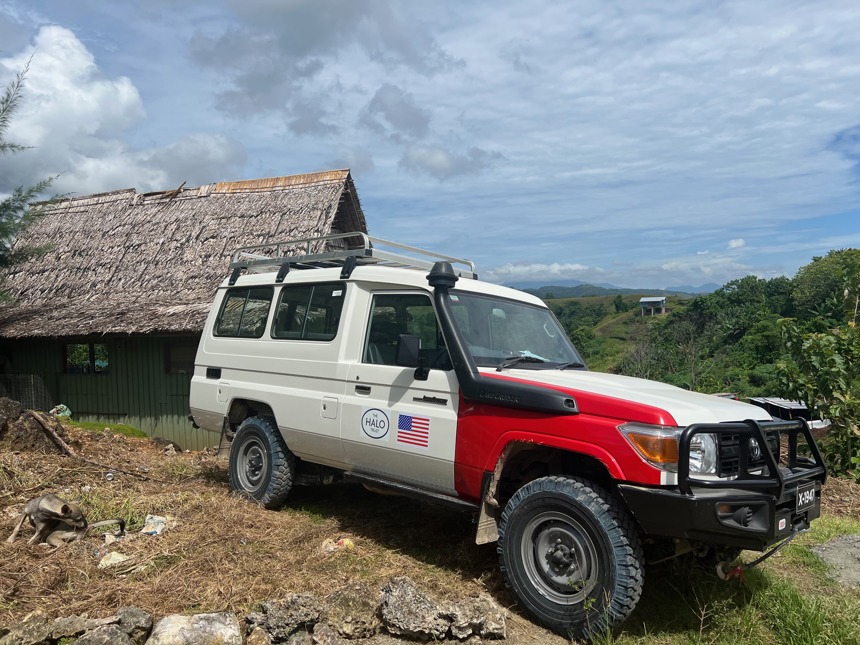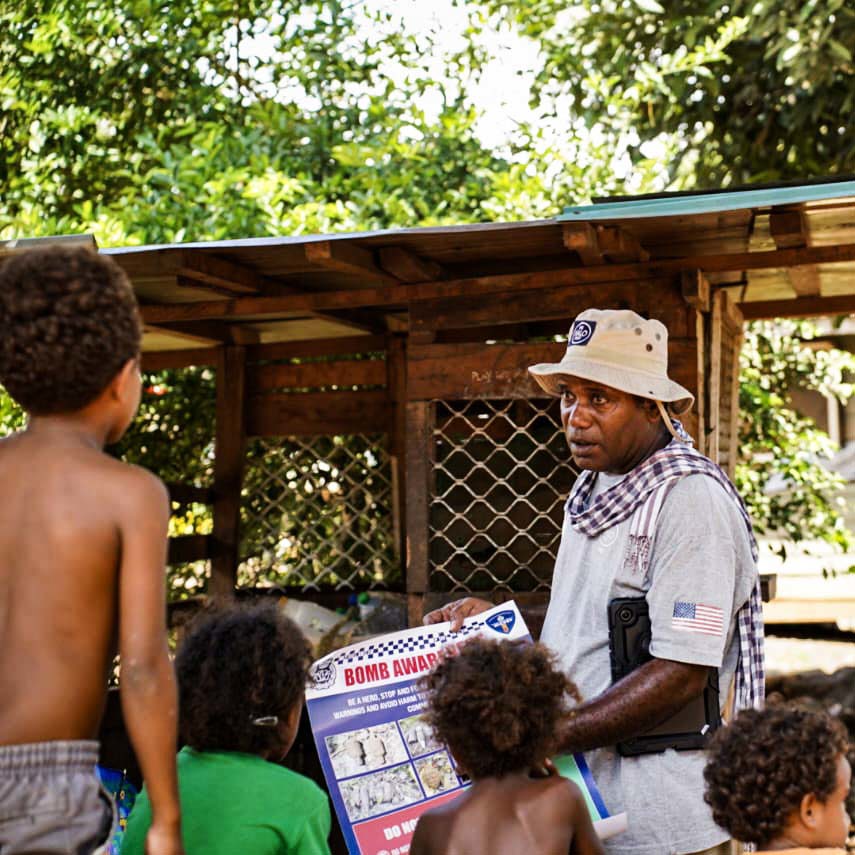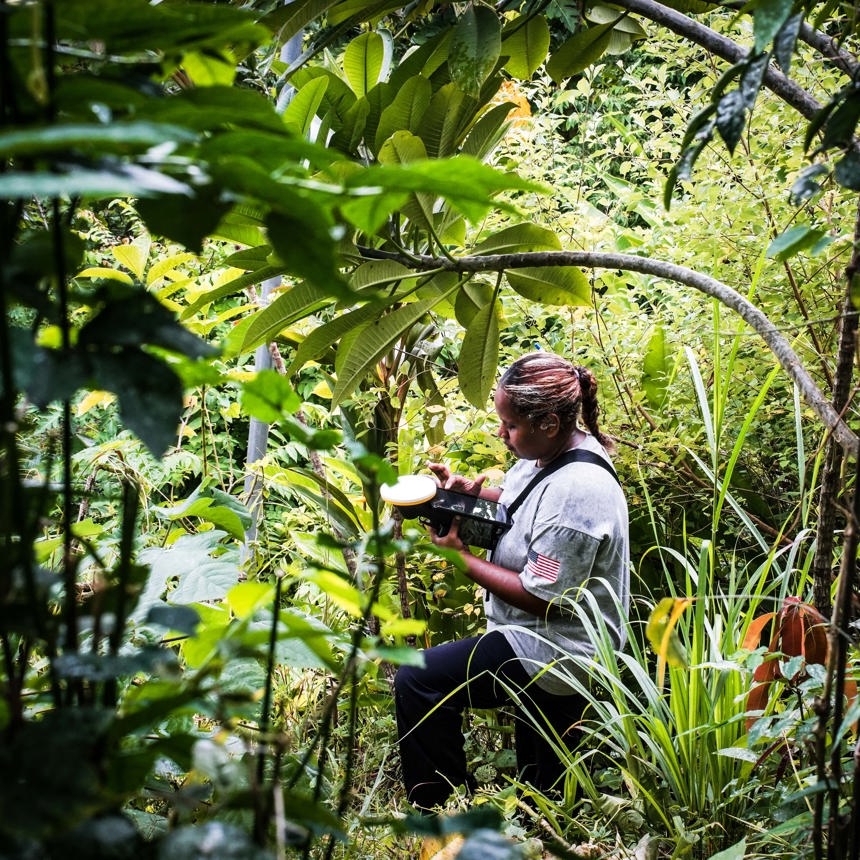2 September 1945 marked the official end of World War II. For the United States, this day is a moment to honor the courage of those who served, and to reflect on the enduring legacy of American leadership in securing peace.
But even in peace, many communities in the Pacific Islands still live with battle scars of war. Buried beneath villages and schoolyards are thousands of unexploded bombs left behind from some of the Pacific’s fiercest fighting. Today, these explosive hazards threaten lives and stifle development.
With support from the United States Government, HALO is working to clear these hidden hazards and return these communities to safety. Together, we can continue America’s legacy of leadership. Not just in times of war, but in the hard work of peace.
Clearing these bombs means keeping that promise, so the next generation can grow up free from the dangers of a war fought decades ago.
One of the people helping make this vision a reality is Simon Conway, who led HALO’s effort to stand up operations in Solomon Islands.
Charting New Ground: How HALO Began Working in Solomon Islands
With a strong sense of purpose and an eye on impact, Simon Conway leads HALO into communities where explosive hazards still lie hidden.
"The support from the United States Government, from Congress, and the American people, has been absolutely critical. It's not just about funding, it's about what this support represents. It shows Solomon Islanders that they haven't been forgotten–and that America is still leading the way when it comes to building just peace after conflict."
When Simon Conway stepped off the plane in Solomon Islands in April 2023, he wasn’t just visiting a new country—he was laying the foundation for HALO’s newest chapter.
“Solomon Islands was one of the most contaminated theaters of the Second World War,” Conway explains. “Yet the legacy of that conflict remains dangerously alive in the form of unexploded bombs littering farmland, villages, and even schoolyards.”
With United States funding secured, Conway was tasked with launching HALO’s newest program in the Pacific nation—where geography, politics, and logistics all pose unique challenges. His first move? Listening.

HALO survey vehicle. The red wings are a homage to the distinctive markings of British Bomb Disposal Squad vehicles during World War 2 which had red wheel arches.
“You start with people,” he says. “The people who live with this threat every day, and the government agencies who’ve been working to address it with limited resources. Our role is to work alongside them—not to take over—but to amplify what’s already happening.”
That approach, grounded in humility and partnership, has already yielded powerful results. HALO formally registered in the Solomon Islands in October 2023. By early 2024, the team had recruited and trained its first national staff and opened an office in Honiara. Field operations are now underway, supported by local stakeholders and an eager team committed to protecting their own communities.
Risk education and survey work by HALO Solomons staff


“It’s inspiring,” Conway says. “When you see young Solomon Islanders taking up this work, you know the future of the program is already in good hands.”
Conway has helped launch programs in numerous countries over the years, including Eritrea, Sri Lanka, Syria, Yemen and Malawi—each with its own complex landscape and urgent needs. But across all contexts, Conway says the mission remains the same: remove the threat, restore the land, and return dignity to people’s lives.
“Setting up a new program isn’t just about logistics,” he reflects. “It’s about hope. It’s about showing up and saying, ‘We’re here. You’re not forgotten.’”









